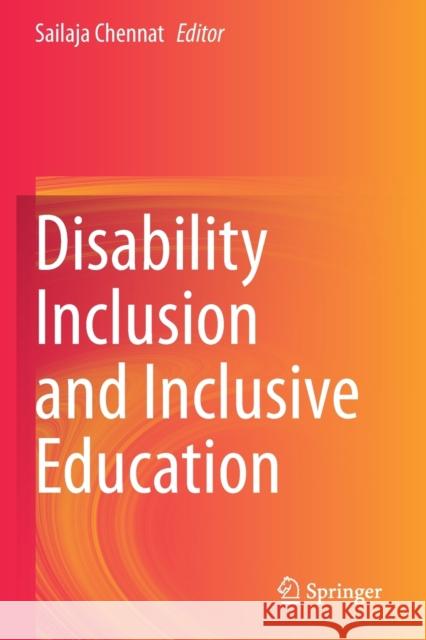Disability Inclusion and Inclusive Education » książka
topmenu
Disability Inclusion and Inclusive Education
ISBN-13: 9789811505263 / Angielski / Miękka / 2021 / 193 str.
Disability Inclusion and Inclusive Education
ISBN-13: 9789811505263 / Angielski / Miękka / 2021 / 193 str.
cena 402,53
(netto: 383,36 VAT: 5%)
Najniższa cena z 30 dni: 385,52
(netto: 383,36 VAT: 5%)
Najniższa cena z 30 dni: 385,52
Termin realizacji zamówienia:
ok. 22 dni roboczych.
ok. 22 dni roboczych.
Darmowa dostawa!
Kategorie:
Kategorie BISAC:
Wydawca:
Springer
Język:
Angielski
ISBN-13:
9789811505263
Rok wydania:
2021
Wydanie:
2019
Ilość stron:
193
Waga:
0.29 kg
Wymiary:
23.39 x 15.6 x 1.09
Oprawa:
Miękka
Wolumenów:
01
Dodatkowe informacje:
Wydanie ilustrowane











